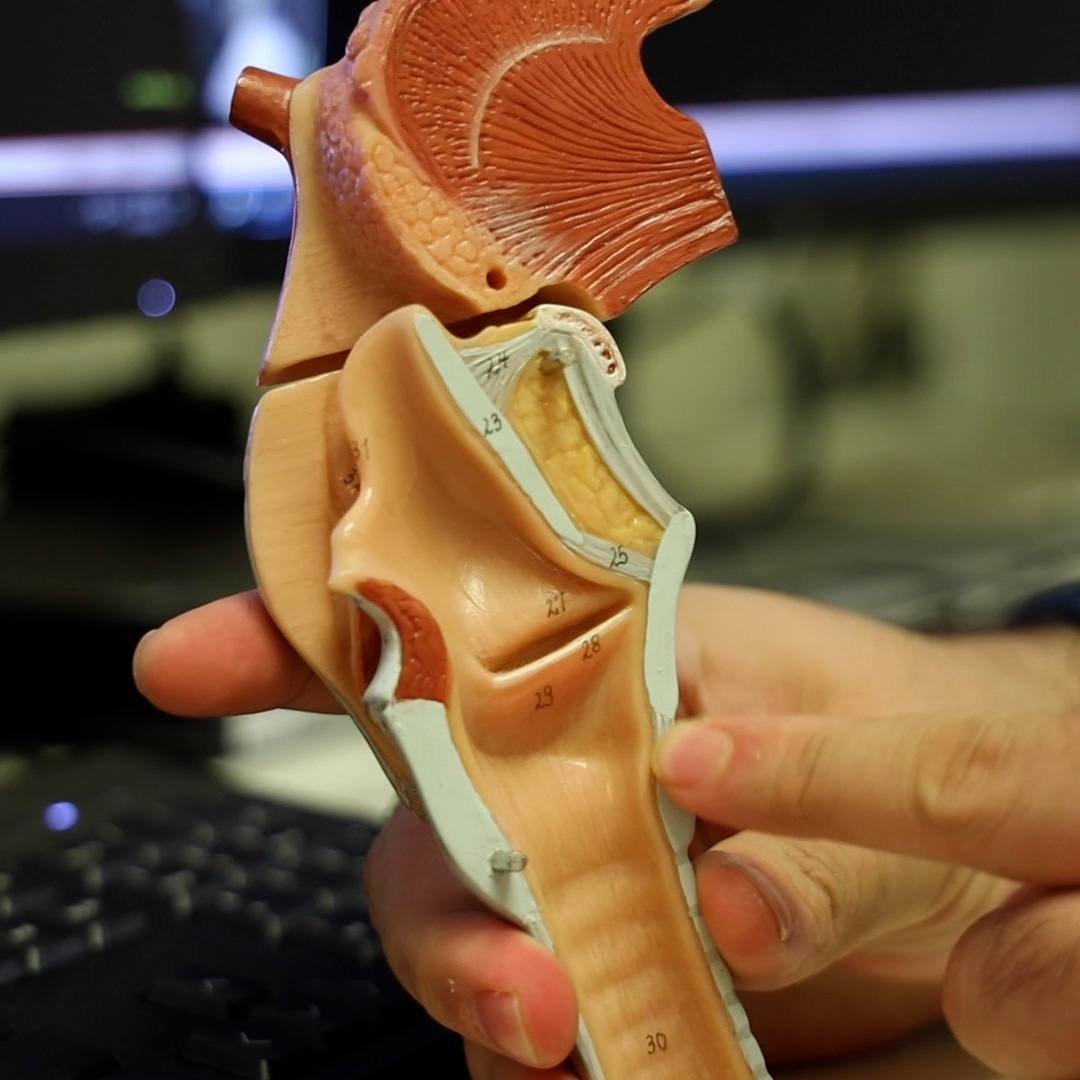-
Health & Wellness
Telemedicine for Stroke Care is Cost Effective
Telemedicine to deliver stroke care, also known as telestroke, appears to be cost effective for rural hospitals that don't have an around-the-clock neurologist, or stroke expert, on staff. Neurologist Bart Demaerschalk, M.D., director of Mayo Clinic Telestroke Program says, "Previous studies have demonstrated that a hub-and-spoke telestroke network is cost-effective from the societal perspective - we can assess medical services, like telemedicine, in terms of the net costs to society for each year of life gained." Dr. Demaerschalk is co-author of the study published in Circulation: Cardiovascular Quality and Outcomes.
Click here for news release
Sound bites from a previous interview with Dr. Demaerschalk discussing the use of smartphones to evaluate stroke patients are available in the downloads above.
Expert title for broadcast cg: Dr. Demaerschalk, Mayo Clinic Neurologist
Related Articles







